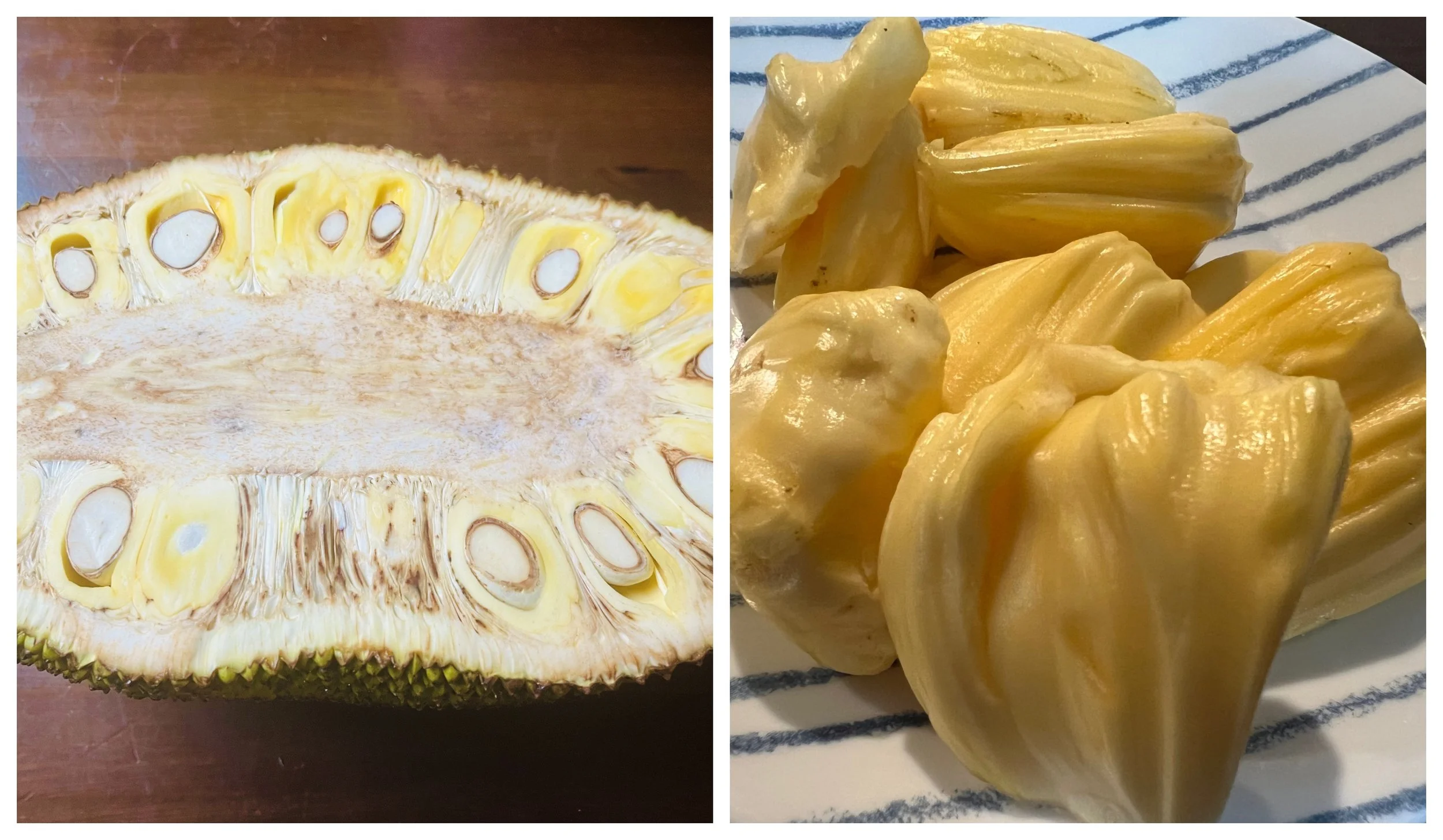Sunflower Seeds - Helianthus annuus L.

Sunflower seeds are part of the Asteraceae family. It is primarily grown to produce oil. This seed has additional nutritional aspects that help with our overall health. In this section we will discuss the various benefits that can be reaped by including this seed in our diet.
Nutritional profile and Health benefits:
Sunflower seeds are rich in Phenolic acids, flavonoids, and tocopherols.
They are also rich in polyunsaturated fatty acids, protein, fiber, Vitamins(E,A,B,C and Niacin),folate, micronutrients and minerals like magnesium, phosphorus, potassium, selenium, copper, zinc, folate, iron, and have a well-balanced amino acid profile and is also rich in sulfur.
The protein is both albumin and globulin. Some albumins are known to have fungicidal and bactericidal qualities.
Sunflower seeds are rich in linoleic acids and also contains oleic acid.
Linoleic acid is an essential polyunsaturated omega-6-fatty acid which has an inverse relationship between intake and incidence of cardiovascular disease. Sunflower seed oil when used as a cooking oil in low amounts may help reduce both total cholesterol and LDL cholesterol.
Conjugated isomers of linoleic acid have physiological effects that include antioxidant, tumor prevention, weight maintenance, and anti-atherogenicity
It is important to note that Oleic acid which is an omega 9 fatty acid may help favor lowering of triglycerides ,LDL, and increase HDL(high density lipoprotein). Oleic acid seems to have some protective effect against breast cancer. This is hypothesized to occur from the suppression of Her-2/neu(erB-2) expression which is a gene involved in Breast cancer development. This benefit has been observed in southern European populations.
The oleic acid content of the oil also helps protect its degradation under high temperature, especially when undertaking frying in food preparation.
The flavonoids have a wide range of benefits and these important nutrients have a wide array of benefits that range from anti-inflammatory, anti-thrombotic and antioxidant properties.
The content of isoflavones seems to increase when sprouting sunflower seeds.
Phenolic compounds represent the other phytonutrients in sunflower seeds that have robust nutritional benefits. Like flavonoids, sprouting the seeds seems to help increase the content of phenolic compounds.
These compounds seem to have strong antioxidant content that boosts their ability to protect from chronic inflammation which seems to be the hallmark of chronic disease states.
Unsalted sunflower seeds may also have beneficial effects on blood pressure via their globulin content.
As discussed above we see that sunflower seeds are loaded with phytonutrients that are highly beneficial to health. Sprouted seeds seem to have a higher nutritional profile than un-sprouted seeds. As always, I hope you keep your health in center focus and live long and strong!

































